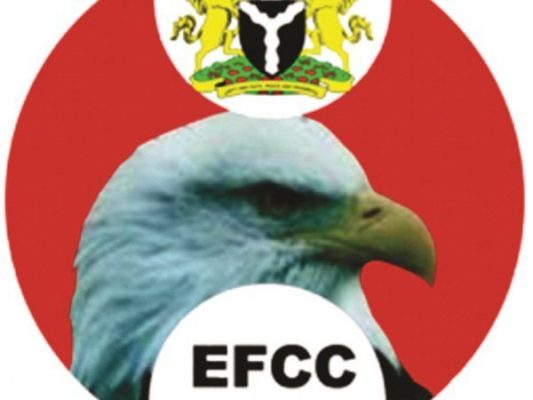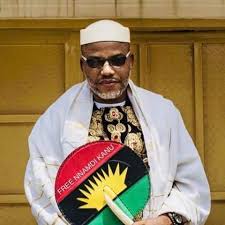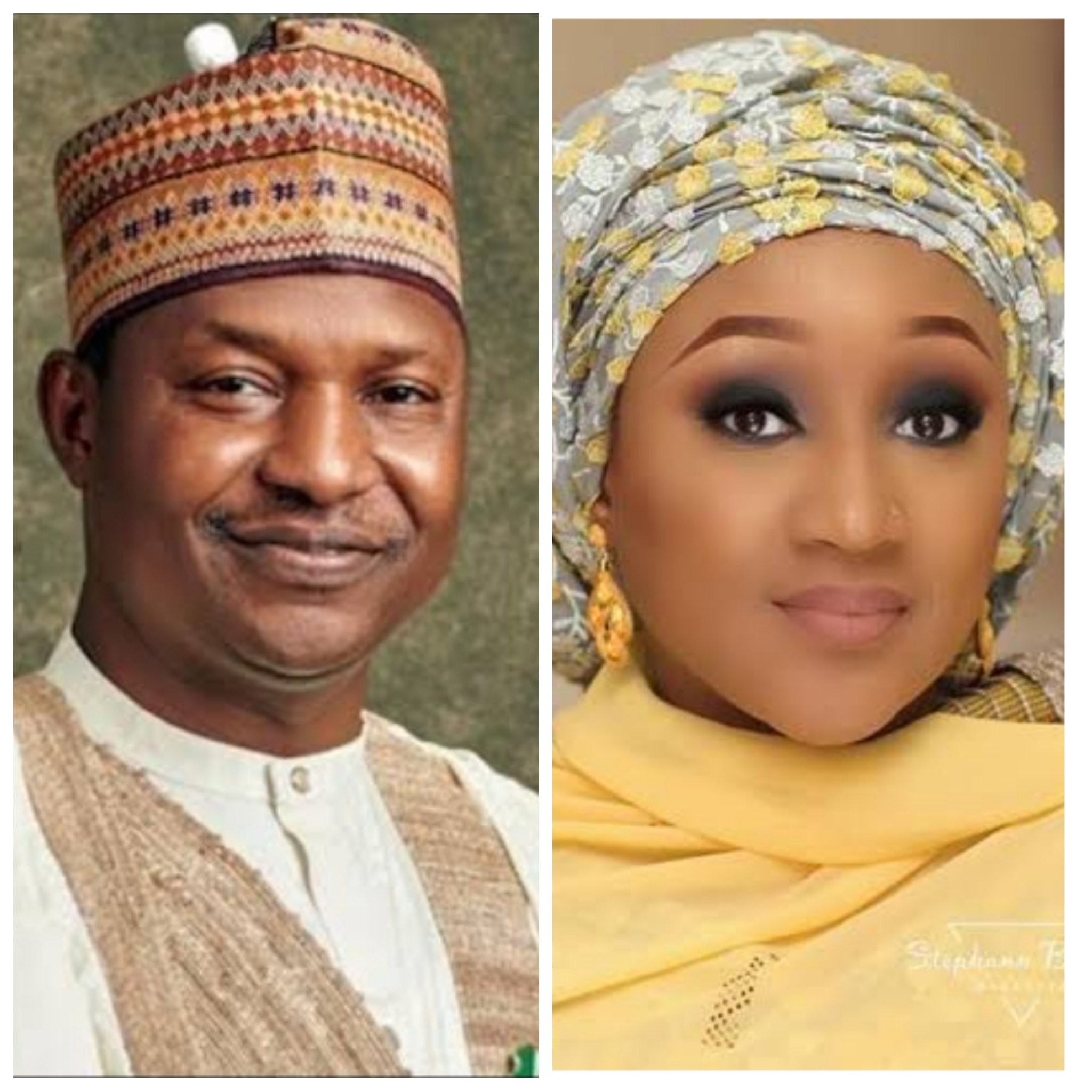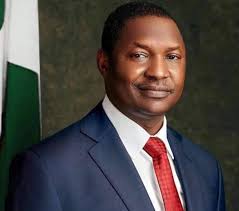EFCC detains ex-AGF Malami over recovered Abacha loots, others
EFCC detains ex-AGF Malami over recovered Abacha loots, others
We still have case against Kanu – Malami
The Federal Government still has a case against leader of the Indigenous…
`Buhari names ministers he appointed from his former party, CPC
President Muhammadu Buhari has identified members of his former party Congress for…
Malami deepens ties with Buhari as he marries President’s daughter in Aso Rock
For residents of the Aso Rock in Abuja, man shall not live…
BREAKING: National Assembly floors Buhari, Malami at Supreme Court
The National Assembly, on Friday, floored President Muhammadu Buhari and Justice Minister…
I didn’t blame judiciary for high-profile cases delay – Malami
A day after the Chief Justice of Nigeria, Tanko Moahhamed, tackled Justice…
CJN tackles Malami over claim that judiciary delays high-profile cases
The Chief Justice of Nigeria (CJN) Justice Tanko Muhammad has reacted to…
N91bn rail contract: 3 companies drag Amaechi to court
Three construction companies have dragged the Minister of Transportation and the Attorney-General…
I am the one who sent policemen to Magodo – Malami
The Attorney-General of the Federation and Minister of Justice, Abubakar Malami, has…
Religion is a matter of the heart – Says Malami as his foundation donates 600 bags of rice to Christians
Attorney General of the Federation and Minister of Justice, Abubakar Malami, has…









